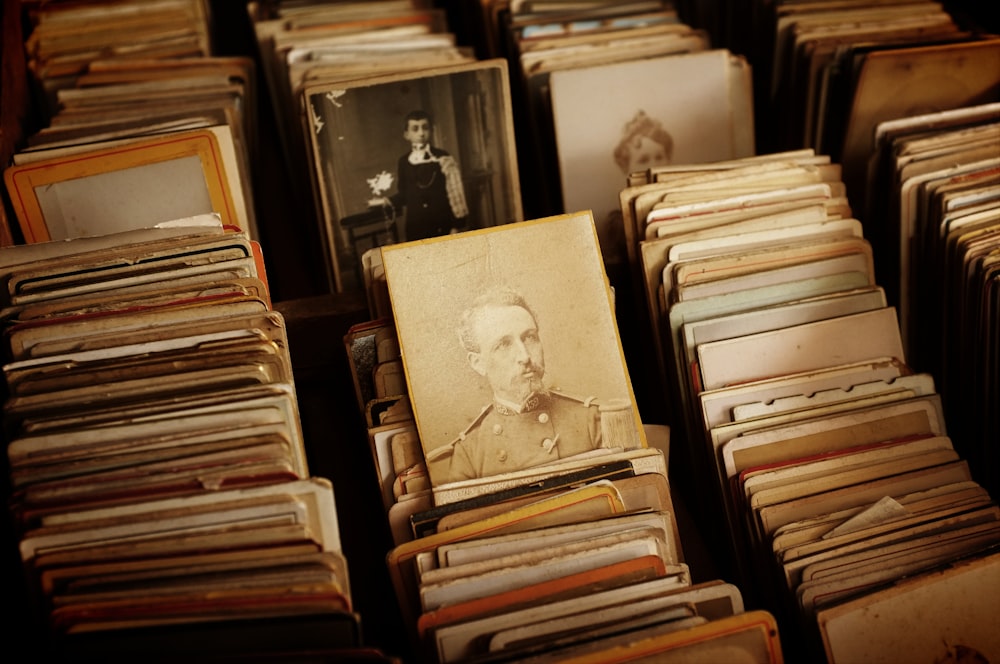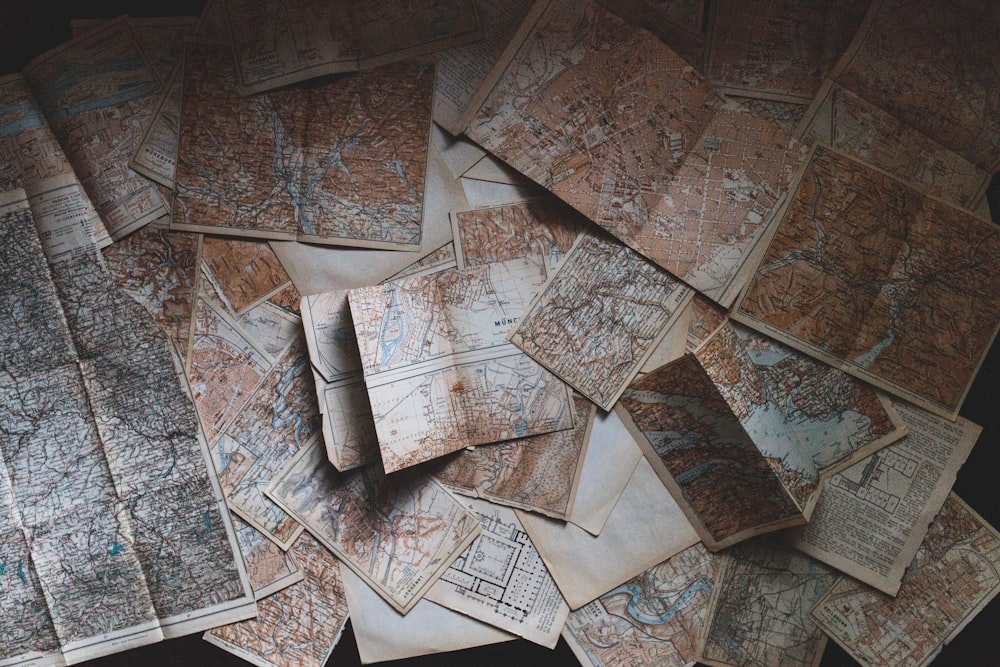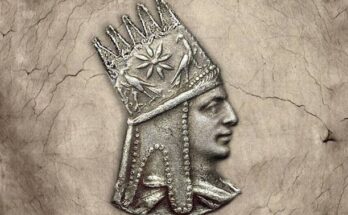Finding resources to research world history
Embarking on the journey of researching world history is akin to becoming a time traveler. It means delving into the depths of the past to unravel the intricate tapestry of human civilization. However, the vastness of historical records and resources can be overwhelming. This comprehensive guide will help you in finding through the myriad avenues available to researchers. It will ensure that you navigate the archives with confidence and discover the wealth of information that awaits.
Library Exploration: Finding resources
Image via Unsplash.com
One of the most fundamental and time-tested resources for researching world history is the library. Public, university, and specialized libraries house an extensive array of books, manuscripts. And periodicals that cover a broad spectrum of historical topics. Start by exploring the catalog system of the library, using keywords related to your research interests. Librarians are invaluable allies; they can direct you to relevant sections, suggest authoritative texts, and even provide access to interlibrary loan programs, expanding your reach beyond the confines of a single institution.
Digital Archives and Online Libraries: Finding resources
In the age of digital information, online resources have revolutionized the way researchers access historical materials. Platforms such as JSTOR, Project MUSE, and Google Scholar aggregate scholarly articles, journals, and books. Many libraries also provide online access to their collections, allowing you to peruse rare manuscripts and primary sources from the comfort of your computer.
Government Archives and National Repositories
Governments maintain archives that hold a wealth of information about historical events, governance, and international relations. National archives, such as the National Archives and Records Administration (NARA) in the United States, the National Archives of the UK, and similar institutions in other countries, house official documents, treaties, and diplomatic correspondence. Contact these archives to gain access to primary sources that provide insights into global events and the interactions between nations throughout history.
University Special Collections
Image via Unsplash.com
Many universities host special collections that encompass rare manuscripts, maps, and archival materials relevant to world history. These collections often result from donations by scholars, explorers, and collectors. Research guides and finding aids provided by university libraries can assist you in navigating these special collections. Schedule visits to university libraries or explore their online platforms to uncover hidden gems that may illuminate your understanding of historical events and societal developments on a global scale.
Museums and Exhibitions: Finding resources
Museums play a crucial role in preserving and presenting historical artifacts, providing researchers with tangible connections to the past. Explore museum collections related to world history, paying attention to exhibits that showcase artifacts, documents, and artworks. Some museums also offer online exhibitions and digital archives, allowing you to access curated content from anywhere in the world. Reach out to museum curators for additional insights or to inquire about specific collections that align with your research focus because it will improve research quality.
International Organizations and Institutions
Image via Unsplash.com
International bodies and organizations often compile and maintain records related to global events, diplomacy, and socioeconomic developments. The United Nations, UNESCO, and the World Bank, among others, have extensive databases and publications that shed light on historical trends and challenges faced by nations around the world. Explore their online resources, research reports, and statistical databases to enrich your understanding of the historical context surrounding international relations.
Historical Societies and Academic Organizations: Finding resources
Historical societies and academic organizations dedicated to the study of world history are excellent resources for researchers. Joining these societies provides access to publications, conferences, and networks of scholars with diverse expertise. The World History Association, for example, offers a platform for collaboration and information exchange.
Utilize Digital Mapping Tools and Geographic Information Systems (GIS)
Understanding the geographical context of historical events is crucial for comprehensive research. Leverage digital mapping tools and GIS applications to visualize historical data, track migration patterns, and explore the spatial relationships between events. Platforms like Google Earth, ArcGIS Online, and historical mapping projects such as the David Rumsey Map Collection provide interactive maps and overlays that enhance the spatial dimension of your research.
Online Forums and Communities
Image via Unsplash.com
The internet has facilitated the creation of vibrant online communities where historians, researchers, and enthusiasts share resources, insights, and collaborative opportunities. Platforms like Reddit’s r/AskHistorians, History Stack Exchange, and academic social networks like ResearchGate foster discussions and provide a platform for seeking advice and recommendations. Engage with these communities to tap into a collective pool of knowledge and gain diverse perspectives on your research topics because it can be helpful.
Digital Humanities Projects: Finding resources
The field of digital humanities has witnessed remarkable growth, leading to the development of projects that utilize technology to analyze and present historical data. Platforms like Digital Humanities Now and the Stanford Spatial History Project showcase innovative research methodologies and tools.
Explore Non-Traditional Sources: Oral Histories and Personal Archives
In addition to written records, oral histories and personal archives offer unique perspectives on historical events. Conduct interviews with individuals who have firsthand knowledge or experiences related to your research topic. Archives of personal papers, letters, and diaries can provide intimate insights into the lives of people who lived through significant historical moments. Universities, local historical societies, and cultural organizations may have collections that include such materials.
Social Media and Academic Blogs

Image via Pexels.com
Social media platforms are not just spaces for casual interaction; they also serve as hubs for scholars and researchers to share their work. Follow historians, academics, and institutions on platforms like Twitter and LinkedIn. Many scholars maintain blogs where they discuss their research, share resources, and engage with a broader audience because this will prove beneficial.
Conclusion: Finding resources
Navigating the vast landscape of resources for researching world history requires a multifaceted approach. By combining traditional methods with cutting-edge technologies and leveraging the power of global networks because you can uncover a wealth of information that transcends borders and spans centuries. Libraries, archives, museums, online platforms, and collaborative projects each contribute to the mosaic of historical knowledge.








